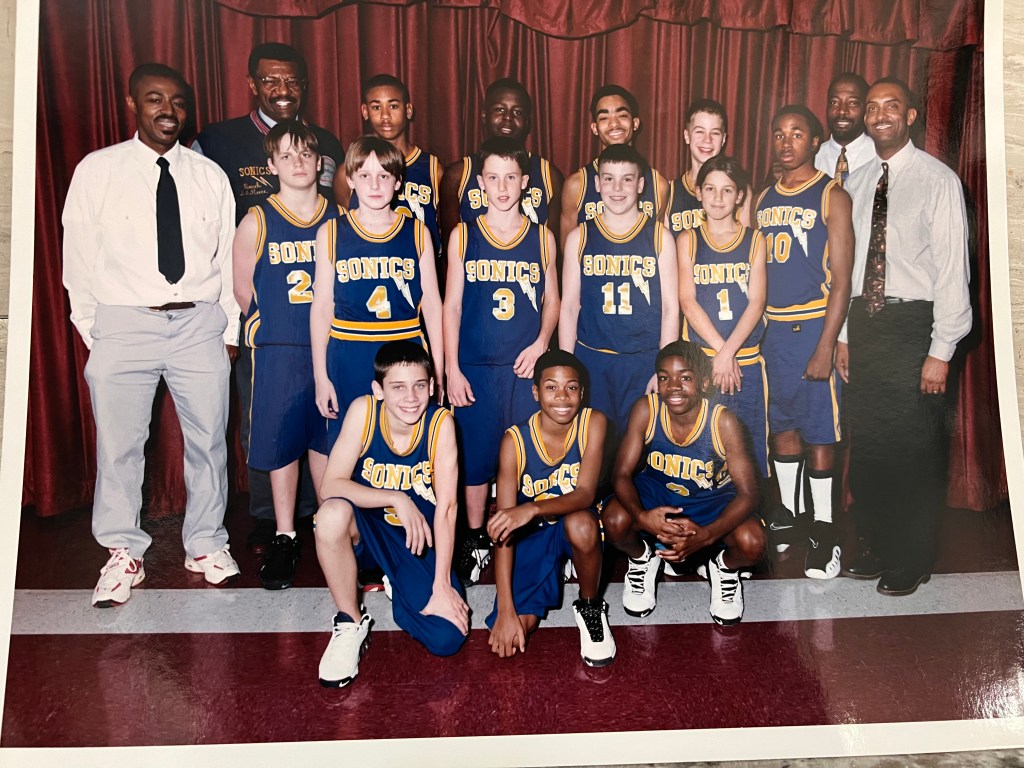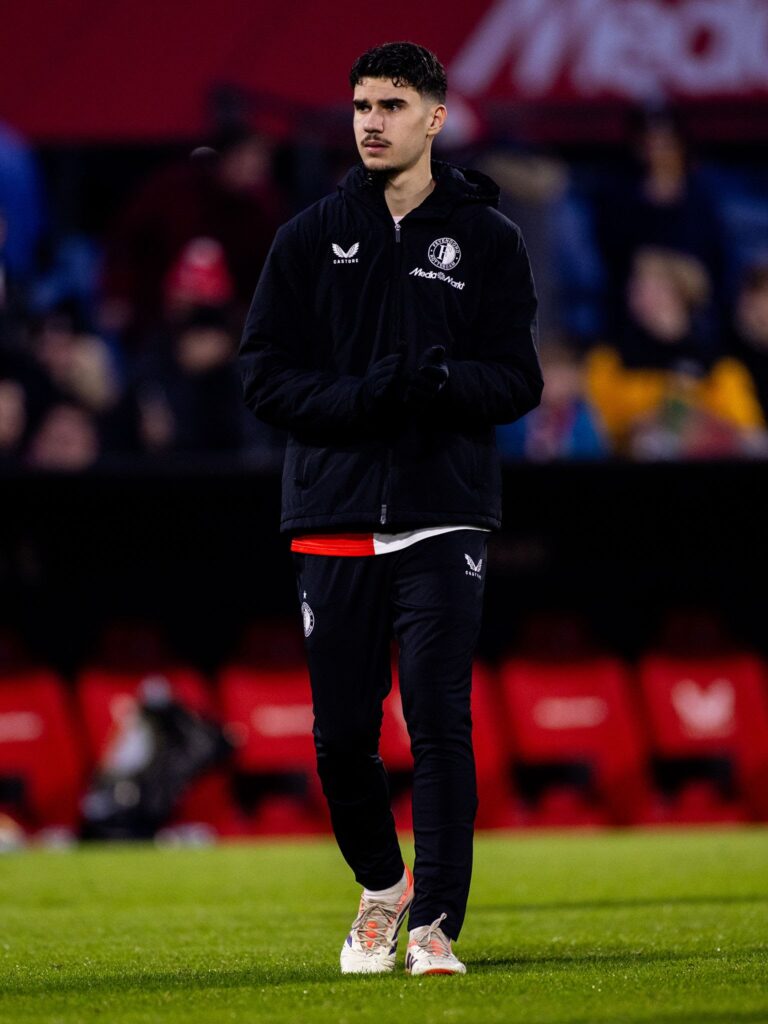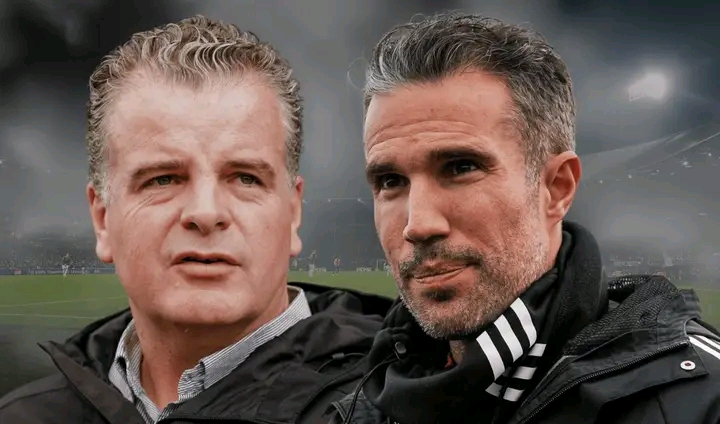
In the world of college basketball, where tradition, pressure, and legacy intertwine, few programs carry the weight and expectation of Duke University. When Mike Krzyzewski, the legendary coach known simply as “Coach K,” announced his retirement after more than four decades at the helm, the spotlight immediately turned to his successor. Jon Scheyer, a former Duke player and long-time assistant, was handed the reins. While many attributed his rise to his deep ties with the university and his years under Coach K, there’s another force that shaped him just as profoundly: his experience with the Friends of Amateur Athletics of the Midwest — better known as FAAM.
FAAM, a youth sports and academic enrichment program based in Evanston, Illinois, is not just a recreational league. It’s a tight-knit community where basketball is a tool for growth, discipline, and mentorship. For Scheyer, growing up in the northern suburbs of Chicago, FAAM wasn’t just the start of his basketball career — it was where he learned to lead, compete, and care.
From a young age, Scheyer showed an aptitude for the game. But in FAAM, it wasn’t just about putting the ball in the hoop. Coaches emphasized fundamentals, sportsmanship, and accountability. The league’s structure placed a premium on participation and personal development. Players were expected to support one another, listen, and show up not only on the court but also in the classroom and community. For a young Jon Scheyer, these expectations helped form the core of his competitive yet thoughtful identity.
Scheyer’s father, Jim, coached in FAAM and played a pivotal role in his development. But FAAM wasn’t just a family affair — it was a proving ground. Every Saturday, players filed into the gym at Fleetwood-Jourdain Community Center, a local hub for youth athletics and engagement. The gym was small, the bleachers modest, but the lessons taught there resonated well beyond Evanston’s borders.
One of the most distinctive aspects of FAAM is its emphasis on diversity and inclusion. Kids from different neighborhoods, backgrounds, and schools came together under one banner. That cultural mix instilled in Scheyer a deep sense of empathy and adaptability. In a profession like college coaching, where recruiting and managing personalities is as crucial as drawing up plays, those early lessons proved invaluable.
By the time Scheyer reached high school at Glenbrook North, he had already begun to distinguish himself as a standout player. But his roots in FAAM remained central to his identity. Coaches and mentors from those years remember him not just for his talent but for his humility and poise — qualities often missing from young phenoms. He was the kind of player who stayed after practice to rebound for others, who picked up teammates who were struggling, and who seemed to understand the importance of every role on the team, not just the starring one.
Those FAAM principles followed him to Duke, where he flourished under Coach K’s tutelage. As a player, he was cerebral, unselfish, and clutch — leading Duke to a national championship in 2010. As an assistant coach, he quietly absorbed the complexities of program building, learning when to speak, when to listen, and how to lead from behind the scenes. When the time came for Coach K to name his successor, it wasn’t just about X’s and O’s. It was about trust, character, and continuity. Scheyer had all three — and much of that was molded in Evanston.
Since taking over as head coach, Scheyer has balanced reverence for Duke’s traditions with a willingness to innovate. He has embraced NIL and the transfer portal with pragmatism. He’s built relationships with recruits that go deeper than just selling a brand. And above all, he’s continued to lead with the values he first encountered in FAAM: humility, community, and commitment to growth.
Beyond the court, Scheyer has made efforts to give back, often referencing the importance of youth programs like FAAM in shaping his life. He’s spoken publicly about the need to invest in community-based athletics and the value of inclusive sports programming. His leadership, while often spotlighted in the media for wins and rankings, carries with it the invisible imprints of early Saturday mornings in a small Evanston gym — a place where kids were told they mattered, regardless of their stat lines.
Jon Scheyer’s journey from FAAM to the head coach of one of college basketball’s most storied programs is not just a sports story. It’s a story about mentorship, community, and the power of grassroots institutions to shape future leaders. For Duke fans, his rise offers reassurance. For Evanston, it’s a point of pride. And for anyone invested in youth development, it’s a powerful reminder that greatness often starts in the most local of places, nurtured by people who care, long before the bright lights and national headlines.






